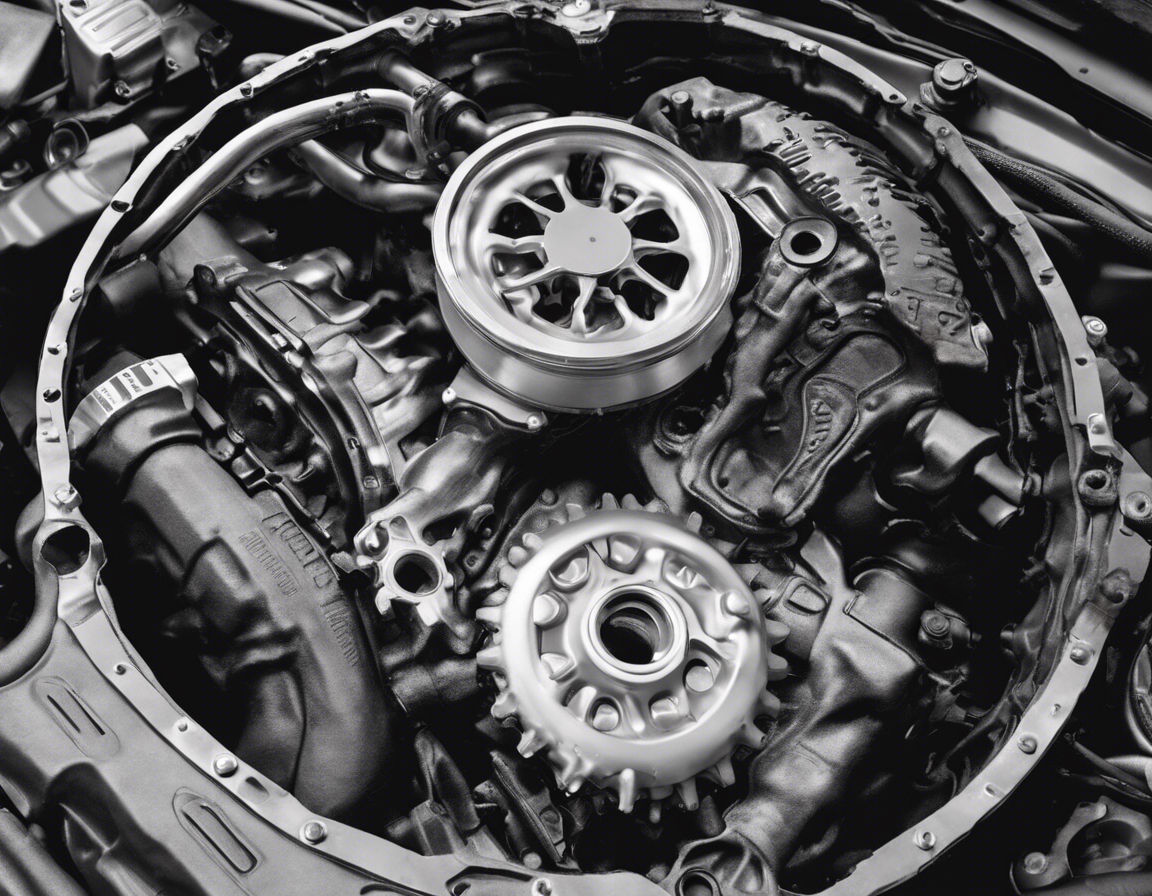Timing Cover Leak: Causes, Symptoms, and Solutions
What is a Timing Cover Leak?
A timing cover is an essential component of a vehicle’s engine, responsible for protecting the timing belt or chain, camshaft, and crankshaft. A timing cover leak occurs when the gasket or seal of the timing cover fails, allowing engine oil to leak out. This can lead to a variety of issues if not addressed promptly.
Causes of Timing Cover Leaks:
-
Worn Gasket or Seal: Over time, the gasket or seal of the timing cover can deteriorate due to heat, pressure, and age, leading to leaks.
-
Improper Installation: If the timing cover was not installed correctly during a previous repair or maintenance service, it can result in leaks.
-
High Mileage: Vehicles with high mileage are more prone to timing cover leaks as the components experience wear and tear over time.
-
Physical Damage: Impact from road debris or accidents can damage the timing cover, causing leaks.
-
Chemical Damage: Exposure to harsh chemicals or fluids can degrade the gasket or seal of the timing cover.
Symptoms of a Timing Cover Leak:
-
Visible Oil Leaks: One of the most common signs of a timing cover leak is the presence of oil underneath the vehicle, especially near the front of the engine.
-
Low Oil Levels: If you notice that your vehicle’s oil levels are consistently low, it could indicate a timing cover leak.
-
Engine Overheating: Oil leaking from the timing cover can lead to insufficient lubrication, causing the engine to overheat.
-
Strange Engine Sounds: A ticking or knocking noise coming from the engine can be a sign of low oil levels due to a timing cover leak.
-
Check Engine Light: A timing cover leak can trigger the check engine light to illuminate on the dashboard.
Solutions for Timing Cover Leaks:
-
Replace the Gasket or Seal: The most common solution for a timing cover leak is to replace the gasket or seal. This involves removing the timing cover, cleaning the surfaces, and installing a new gasket or seal.
-
Professional Repair: It is recommended to have a professional mechanic inspect and repair the timing cover leak to ensure the job is done correctly.
-
Timing Cover Replacement: In severe cases where the timing cover is damaged, a complete replacement may be necessary.
-
Regular Maintenance: Prevent timing cover leaks by following the manufacturer’s recommended maintenance schedule and checking for leaks during routine inspections.
-
Use Quality Parts: When replacing the gasket or seal, use high-quality parts to ensure durability and prevent future leaks.
FAQs about Timing Cover Leaks:
Q1: Can I drive with a timing cover leak?
A: It is not recommended to drive with a timing cover leak as it can lead to engine damage due to low oil levels.
Q2: How much does it cost to repair a timing cover leak?
A: The cost of repairing a timing cover leak can vary depending on the make and model of the vehicle, but it typically ranges from $200 to $600.
Q3: How long does it take to repair a timing cover leak?
A: The repair time for a timing cover leak can vary, but it usually takes a few hours to a full day for a professional mechanic to complete the job.
Q4: Can I repair a timing cover leak myself?
A: While it is possible to repair a timing cover leak yourself if you have the necessary skills and tools, it is recommended to seek professional help to ensure the job is done correctly.
Q5: How do I prevent timing cover leaks?
A: To prevent timing cover leaks, it is essential to follow the manufacturer’s maintenance schedule, use quality parts, and address any leaks promptly.
In conclusion, a timing cover leak can have serious consequences if left unchecked. It is important to be aware of the causes and symptoms of timing cover leaks and to address them promptly to avoid engine damage. Regular maintenance and timely repairs are key to ensuring the longevity and performance of your vehicle.

